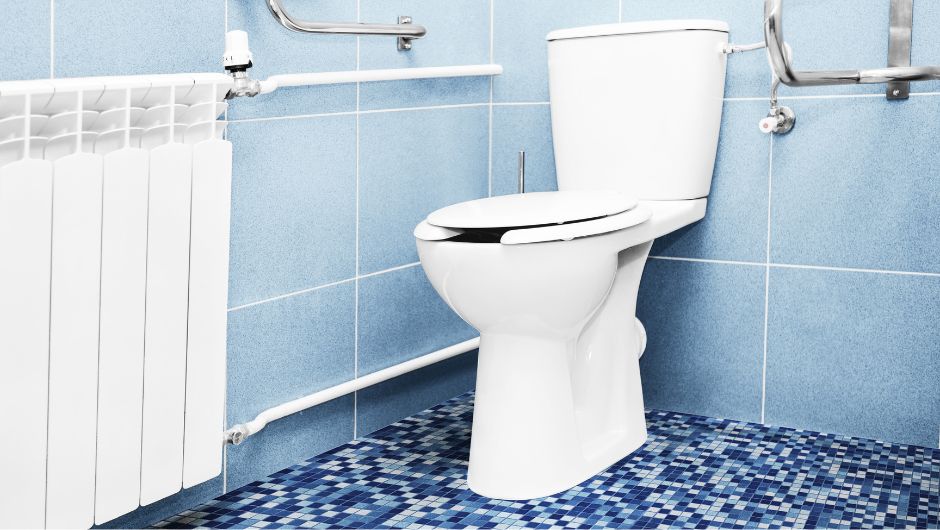Facts About Poop No One Tell You!

The Importance of Poop:
Poop is the natural byproduct of our digestive system, representing the remnants of the food we consume. While it may seem unappealing, poop serves a crucial purpose. It eliminates waste products, toxins, and bacteria from our bodies, allowing for the efficient absorption of nutrients.
Poop Composition:
According to science, poop has an approximate composition of 75% water and 25% solid matter. The solid portion consists of undigested food residue, fibre, dead cells, mucus, bacteria, and other waste products. The water content helps in the smooth passage of stool through the intestines.
Poop, faeces, stool—whatever you call it—plays a significant role in our daily lives, yet it remains a topic that is often shrouded in secrecy and embarrassment. However, understanding the basic facts about poop is not only informative but can also provide valuable insights into our overall health. So, let’s dive in and explore some simple facts about poop that everyone should know.
- Going to the toilet every day is important. If you poop every 2nd or 3rd day, it’s very wrongly normalized. We eat every day, so we have to poop every day.
- Our bowel habits speak a lot about our Gut health. Constipation or incomplete Bowles on most days indicates an imbalanced GUT.
- If you clear your bowels as soon as you get up in the morning with complete evacuation, you have healthy digestion.
- Depending on Laxatives or herbs for poop on a daily basis is just a temporary solution. Go work on your lifestyle and diet instead.
- The color and consistency of your bowels can say a lot about your health. (More on this in another post.)
- A good bowel movement every morning sets up a good biological clock (circadian rhythm) and can help keep you in a good mood.
Here are some characteristics of poop:
- Colour: Poop is typically brown, but it can also be shades of green, yellow, black, or red, depending on various factors like diet and health.
- Shape: Healthy poop is usually well-formed and holds its shape, resembling a smooth sausage or log. However, it can also come in clumps or be more fragmented.
- Texture: Poop should have a soft and moist texture that is easy to pass. It shouldn’t be too hard and dry or too loose and watery.
- Size: The size of poop varies from person to person. It can range from small, compact pieces to larger ones, depending on factors like diet and bowel habits.
- Frequency: The frequency of bowel movements varies among individuals. Some people have daily bowel movements, while others may go every few days. As long as it falls within a normal range and there are no significant changes, it is considered normal.
- Odor: Poop has a distinctive odor due to the presence of bacteria that break down waste material. While the smell can vary, it is generally unpleasant but tolerable.
The colour, consistency, and frequency of our bowel movements can provide valuable insights into our overall well-being. By paying attention to our poop, we can identify potential issues, seek appropriate medical advice, and make informed decisions about our diet and lifestyle.